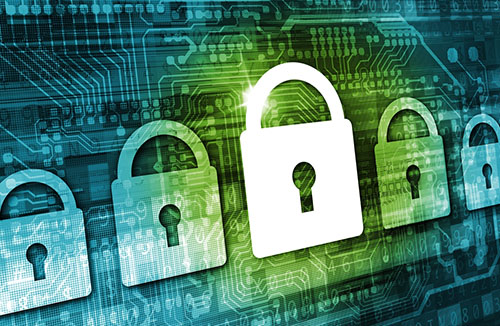“We live in a world where all wars will begin as cyber wars – it is the combination of hacking and massive, well-coordinated disinformation campaigns.” – Jared Cohen, Google Strategist
Social Media – as Realtors® we must be alert to misinformation on social media and Scammers online and on our phones.
FRAUD IN REAL ESTATE
WHAT IS WIRE FRAUD IN REAL ESTATE?
Real estate wire fraud is a scam where a hacker poses as one of the parties in a real estate transaction.
The hacker will then convince you to divert your closing costs into a fraudulent account.
Wire fraud uses a hacking technique called phishing in which a hacker uses fake email accounts, phone numbers, or websites to impersonate someone you trust. Another technique you may see is called “spoofing.” Spoofing occurs when a scammer uses special software to mimic your agent or lender’s phone number or email. When the hacker contacts you from a spoofed account, it can look exactly like you are communicating with someone you trust.
The goal in a wire fraud scam is to get your closing costs – thousands of dollars – into an account that the scammer owns. This can happen with a last-minute change in the banking procedure, or the scammer may tell you that they accidentally sent you the wrong address the first time. Yet, the unfortunate truth is that if you wire your funds to the wrong account, that money is gone.
Phishing software makes it possible for scammers to learn tons of valuable information about you, your loan, and how much you owe for closing. With all this information, they can set up a convincing scheme to get you on board. They can spoof a trusted party’s phone number and email. Understanding the current phishing tactics can help keep you and your money protected throughout this transaction.
Fortunately, for most of us the attorneys have set up protections in the closing process to avoid wire fraud. We as Realtors must be vigilant on the front especially with deposits and transfers online to our Agencies, Attorneys and Lending Institutions. Make sure you have an in-depth conversation with your co-real estate agent either in person or over the phone to discuss how you will complete the closing process. You should avoid putting this in writing via email, so a scammer is not able to hack your email and gain access to your plan.
What should be discussed during this conversation?
- Valid payment methods
- How the money should be wired
- Password that both parties can use to confirm the other’s identity.
Everything about the closing process should be discussed in person or over the phone.
Anything you write in an email can later be used by scammers to impersonate someone you trust. Make sure you have multiple contact methods for everyone who is involved in your closing transaction. Your lender, real estate agent, attorney, and settlement agent should all provide their name, email, and phone number. This way, you will be able to contact anyone you need to without rely on information in emails you have received.
WHAT SHOULD I DO IF I’VE BEEN A VICTIM?
Contact your bank or wire transfer company immediately.
If you think that you may not have sent money to the right source, then you will want to contact your bank or wire service as soon as possible. You may be able to request a wire recall; this should be done as soon as possible after you make the transaction.
Sometimes you can get the money back, but this is only in situations where you act fast, so do not delay!
You may also need to ask the bank to contact the fraud department so the receiving bank can freeze the funds in the scammer’s accounts. Make sure you note the bank and accounts that received your money because you will need this information later.
File a complaint with the FBI’s Internet Crime Complaint Center. In this complaint, you will need to provide information about the transaction, the scam itself, and the victim. You will need to provide as many details as possible about the contents of the phishing emails, the links you clicked, etc.
Thank you for reading our Community Affairs page. We try to initiate discussion and solutions to important issues that influence our community. As always, we ask for your suggestions and recommendations.
 Cyber Security
Cyber Security